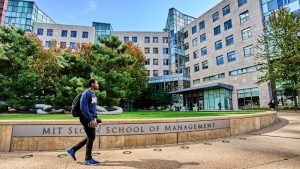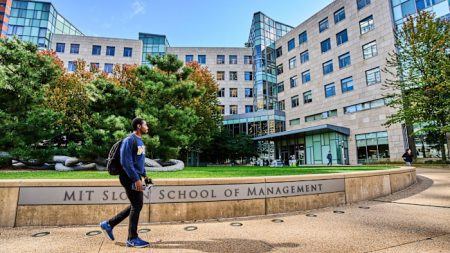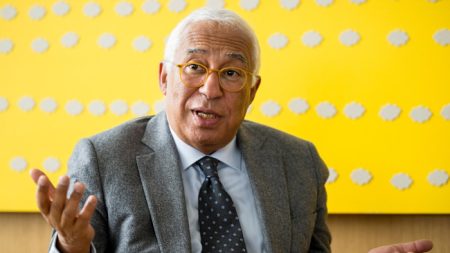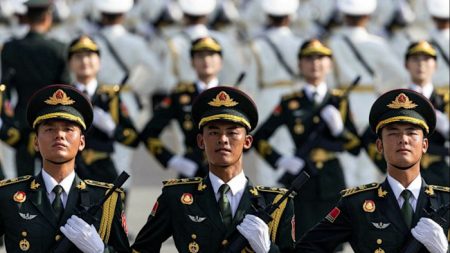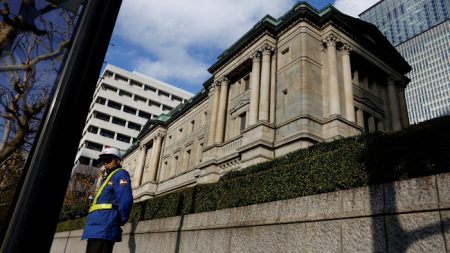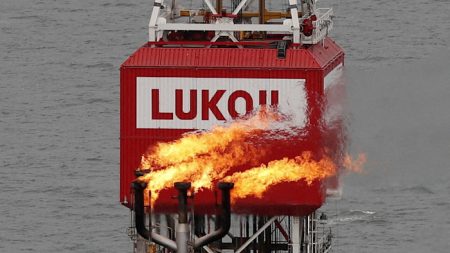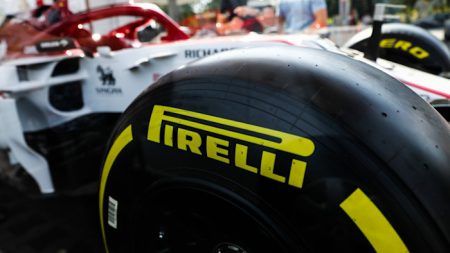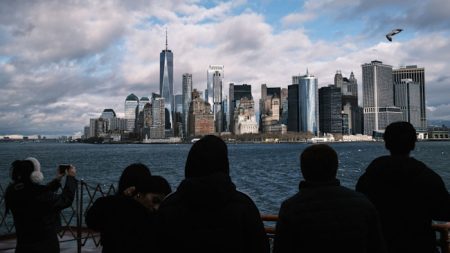Stay informed with free updates
Simply sign up to the War in Ukraine myFT Digest — delivered directly to your inbox.
India’s close ties with Russia are based on a “Soviet legacy” that is “evaporating”, Ukraine’s foreign minister warned as he urged New Delhi to stand by Kyiv.
On a visit to the India, Dmytro Kuleba also said it should be concerned about Russia’s deepening ties with China, which is locked in a tense border conflict with its southern neighbour India.
Speaking to the Financial Times, Kuleba said “the co-operation between India and Russia is largely based on the Soviet legacy. But this is not the legacy that will be kept for centuries; it is a legacy that is evaporating.”
India and China have an unresolved border dispute that last flared into deadly violence in 2020, killing at least 24, and prompting a build-up of tens of thousands of troops in forward positions in the Himalayas on both sides. India says regular ties with China will not be restored until the status quo at the border is restored.
In a nod to the tensions, Kuleba said: “The Chinese-Russian relationship should be of particular attention for India in light of its national security prerogatives.”
Kyiv has struggled to win sympathy from India and many other countries in the so-called Global South. These states have mostly avoided taking sides in a war they see as the business of rich nations, and whose economic price they have paid in disrupted trade and higher costs.
The Ukrainians’ push for a potential rebalancing of ties between New Delhi and Moscow are unlikely to gain purchase in a country that prides itself its independent foreign policy and has a decades-old close relationship with Russia.
The country remains India’s biggest arms supplier, despite a recent push by New Delhi to diversify its imports to France, the US and elsewhere. India also became a leading buyer of discounted Russian crude oil after Vladimir Putin’s full-scale invasion of Ukraine in 2022.
Prime Minister Narendra Modi earlier this month extended “warm congratulations” to Putin after his re-election in a race the opposition was given no meaningful chance to contest.
Kuleba said the world’s most populous nation had much to gain from expanding trade and technology ties with Ukraine, as he offered Indian companies a role in postwar reconstruction.
“After the war Ukraine will probably become the largest construction site in the world, and Indian companies are welcome to participate in the recovery,” Kuleba said.
Ukraine was now looking to “restore trade” with India, the minister said, resuming exports of agricultural products like sunflower oil and buying more Indian goods itself. “We are interested in importing some of the heavy machinery items that India is producing,” he added.
After the Russian invasion of Ukraine in 2022, Kuleba stated that every barrel of Russian crude India bought had “a good portion of Ukrainian blood in it” — a blunt rebuke over the Russo-Indian relationship.
Kyiv has since sought to smooth relations with New Delhi as it tries to win over more countries to its cause.
Ahead of Kuleba’s visit, Modi and Volodymyr Zelenskyy, Ukraine’s president, spoke by phone last week. On Friday, Ukraine’s foreign minister is due to meet India’s foreign secretary S Jaishankar.
Kuleba’s visit to India comes at a time when Ukraine is enduring the most difficult phase since Russia’s full-scale invasion in 2022, with Moscow’s forces gaining the initiative at the front lines and further US military support frozen over opposition from Donald Trump and his supporters in Congress.
However, Kuleba voiced confidence that Washington would come through with a new assistance package, regardless of the outcome of this year’s presidential election.
“The question is not whether, the question is when and how,” he said.
The majority of both Democrats and Republicans were in favour of supporting Ukraine, he added.
“Trump himself said that he’s not against helping Ukraine,” Kuleba said. “He just wants to change the way this help is provided, from grants to zero interest loans.” Kyiv was willing to explore the option, Kuleba said, but “the devil hides in details”.
Read the full article here

